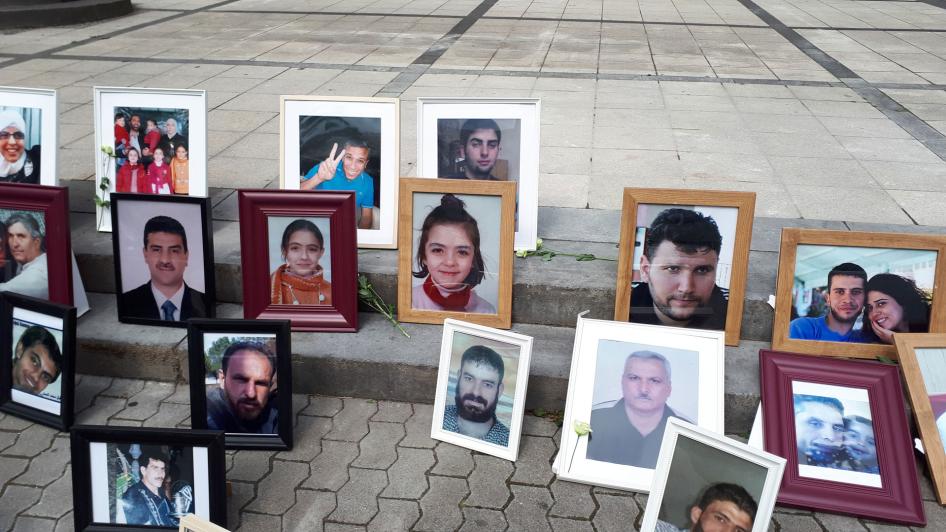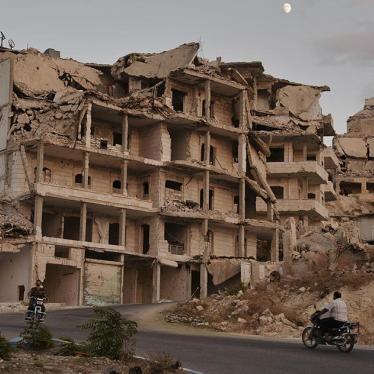A German court in the town of Koblenz this week will render its first verdict in a historic trial of two former Syrian officials for atrocities during Syria’s decade-long brutal armed conflict.
The two accused in the case are an alleged former intelligence officer and a subordinate; the ruling this week is on the lower-ranking suspect, Eyad A. Prosecutors allege he detained protesters in 2011 and delivered them to a notorious detention facility in Damascus, where they were later tortured.
As a German lawyer, I am heartened to see my country’s commitment to bring justice for the world’s worst crimes, no matter where they occurred. With many other avenues for justice blocked, national cases like this one using universal jurisdiction, offer Syrian survivors hope. Several have testified before the court about the horror they experienced. In his closing statement in Eyad A.’s case, the prosecutor expressed his “utmost respect” for the role these witnesses played in the trial.
As a native German speaker, I could understand these words of appreciation – but some of these witnesses could not. The language of the court is German, and survivors, witnesses, and others who do not speak German depend on the reporting of those who can physically attend court hearings to follow this momentous trial.
Until August 2020, proceedings were only translated into Arabic for formal parties to the case. Though the German Constitutional Court recently in response to a petition issued a temporary order extending translation to pre-accredited Arabic-language journalists, the trial remains inaccessible to non-German speakers in the public gallery. Eyad A.’s verdict will also only be available in German, and no transcript in any language will emerge once the historic trial concludes.
Research by Human Rights Watch and others has shown that the impact of accountability efforts on affected communities strongly correlates to outreach efforts. Prosecutors say Germany is acting on behalf of the international community through this trial. But that would mean more if information was more accessible to those most affected by the crimes. The court should consider ways to address this.
In the meantime, Human Rights Watch will be in Koblenz for the verdict against Eyad A. Together with other NGOs and the media, we will share highlights from the hearing.









